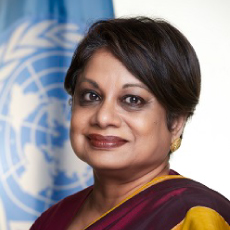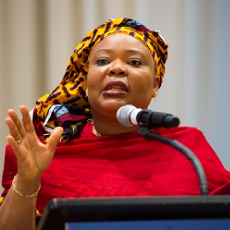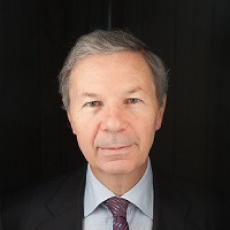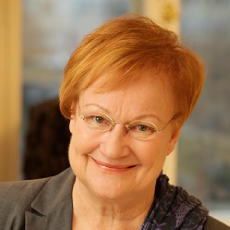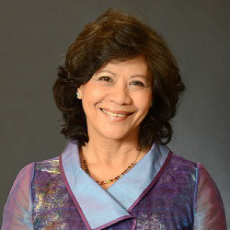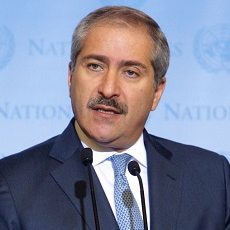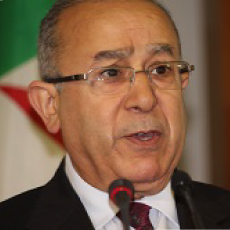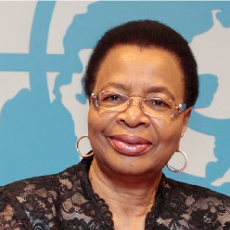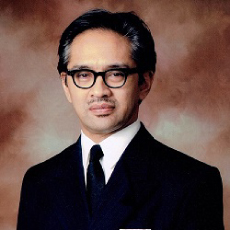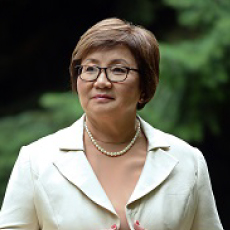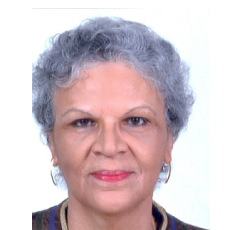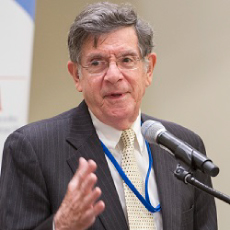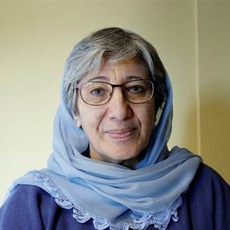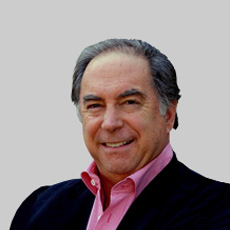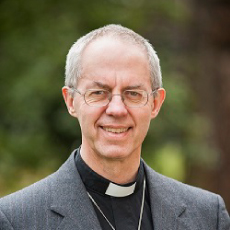Secretary-General’s High-Level Advisory Board on Mediation
The Secretary-General’s High-Level Advisory Board on Mediation was established by the Secretary-General on 13 September 2017, as part of his vision for a surge in diplomacy for peace. The Board is composed of 9 women and 9 men, current and former global leaders, senior officials and renowned experts who bring together an unparalleled range of experience, skills, knowledge and contacts.
The Board is expected to allow the United Nations to work more effectively with regional organizations, non-governmental groups and others involved in mediation around the world. Additionally, Board members mayprovide additional support to the work of SRSGs and United Nations envoys, for example if avenues for United Nations activities are currently blocked, or there is a need for an additional/separate channel of communication with particular actors.
The Mediation Support Unit of the Policy and Mediation Division in the Department of Political and Peacebuilding Affairs is the Secretariat of the Board.
Overview of activities:
Since its establishment, the Board has supported several UN and regional partners’ processes; provided advice and guidance to the Secretary-General on matters related to mediation and conflict prevention; engaged with regional and sub-regional organizations; participated in several workshops and trust-building seminars and supported the Secretary-General in his efforts to promote the role of women in conflict prevention and mediation, as well as attention to the gender dimension of conflicts.
At the second meeting of his High-Level Advisory Board on Mediation in Helsinki in June 2018, the Secretary-General asked the Department of Political and Peacebuilding Affairs and David Harland, Executive Director of the Centre for Humanitarian Dialogue, to develop a Toolkit on Digital Technologies and Mediation in Armed Conflict. The Toolkit explores the opportunities and risks that digital technologies offer to the field of mediation in four key areas: conflict analysis, engagement with the parties, inclusivity and strategic communications. It also provides concrete examples of where such technologies have been or are being employed and refers to a number of potentially useful technologies and applications.
Board meetings:
The Secretary-General’s High-Level Advisory Board (Board) held its inaugural meeting on 27 November 2017, during which the Secretary-General met with the members of the Board and highlighted four areas in which he would like to see Board members working i) root causes; ii) early action to early warning; iii) pre-conflict situations and iv) deployments. Board members were also briefed by DPPA, DPKO, PBSO and UN Women. The meeting was followed by a reception hosted by the co-chairs of the Group of Friends on Mediation – Finland and Turkey.
The Board held its second meeting in Helsinki on 18 June 2018. The meeting was co-hosted by the Governments of Finland and Indonesia. The afternoon featured a first ever public panel discussion with a mixed Finnish audience from diplomacy, academia, and civil society (including youth) representatives. The members answered a mix of prepared and impromptu questions, which were webcast live, to illustrate some of their views on conflict prevention and mediation.
The Board held its third meeting in New York on 22 February 2019. The meeting served as an opportunity to hold frank discussions and exchange insights on how to prevent and manage ongoing conflicts.
The fourth meeting of the Board, was hosted by the Government of Turkey, and held in Istanbul on 31 October 2019. In the afternoon, Board members joined the Istanbul Mediation Conference to take part in an informal question and answer session titled “Through the Mediators’ Lens: The UNSG’s High-level Advisory Board on Mediation on the Future of Mediation”.
The Board held its fifth meeting (first virtual meeting) on 5 June 2020. The meeting served as an important opportunity to hold frank discussions and exchange valuable insights on how to amplify and reinforce the Secretary-General’s call for a global ceasefire.
